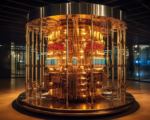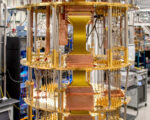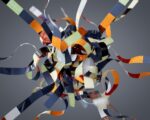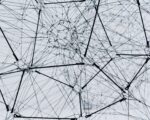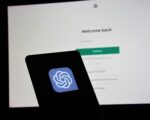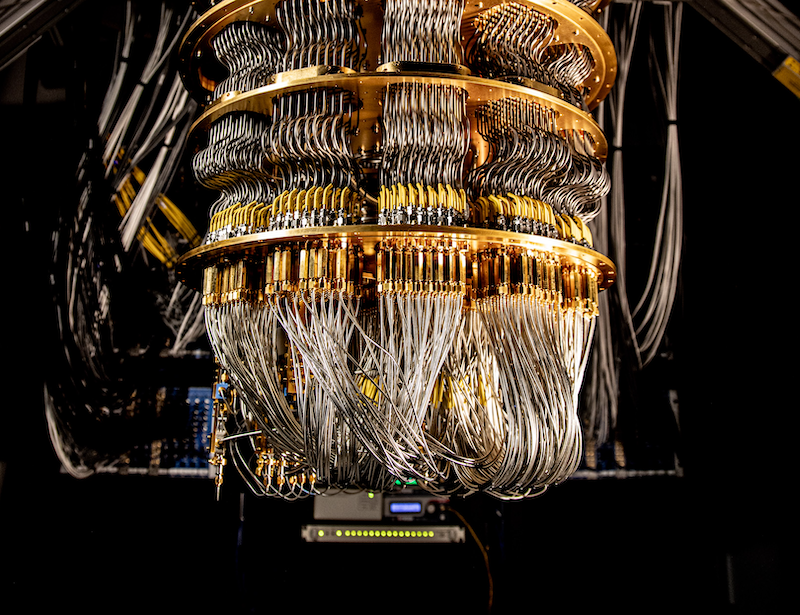
Google yesterday said it had achieved a key milestone in quantum computing, producing a prototype that could reduce the rate of errors for the first time and raising hopes commercial quantum computers could be made in the years ahead.
Error correction has been a big obstacle for quantum computing for the longest time because it is a lot more complex than with today’s classical computers.
Most computers now process information in 1s and 0s in a binary system of bits. Quantum computers, on the other hand, use qubits, which can exist simultaneously as 0 or 1.
Also known as superposition, this quality enables quantum computers to process huge amounts of data and take just seconds to complete computing tasks that would take hundreds of years today.
At the same time, this quality also means quantum computers are still far from being reliable or consistent. One issue is the large number of errors that are thrown up as more qubits are thrown into the mix to carry out a task.
Now, Google’s Quantum AI lab says it has demonstrated it can reduce such errors by using a technology called logical qubits to detect and fix them, reported AFP.
Previously, quantum error correction was something that existed more in theory than practice. The successful experiment by the Google team could potentially ramp up development in quantum computers for more uses.
With this obstacle overcome, more qubits can be thrown into the mix and larger-scale quantum computers can be made to carry out more practical tasks. In other words, a step closer to the lab door and out to the real world.




